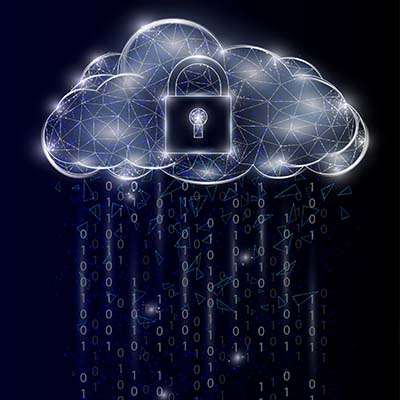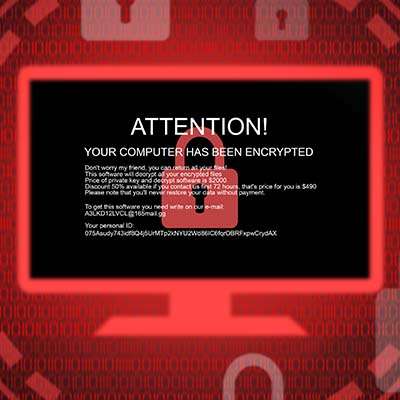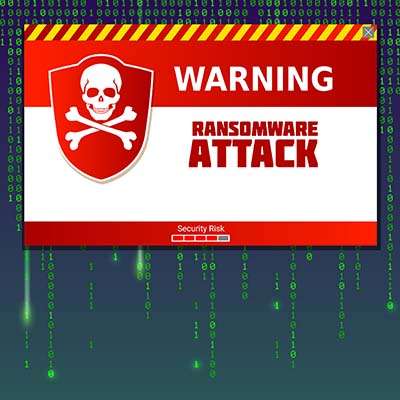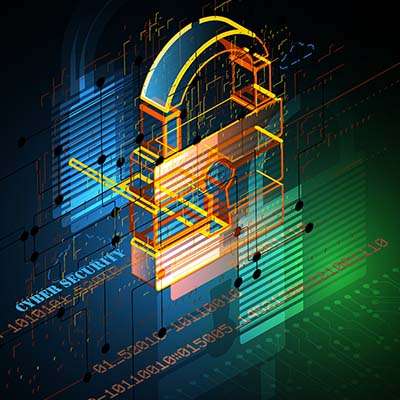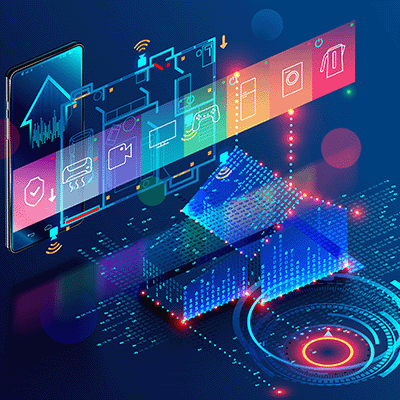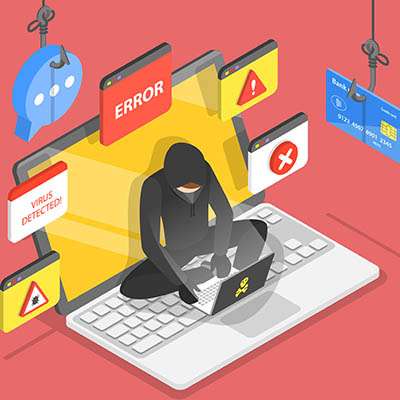Gauging the effectiveness of your cybersecurity can be a daunting task, especially when asking if it could make a significant difference in protecting your organization’s network infrastructure. If you want to track and measure your business’ cybersecurity preparedness, here are four steps to help you perform an evaluation.
Macro Systems Blog
Keeping a secure password is a little confusing these days, especially when the standards for what is an acceptable, complex password seem to keep shifting back and forth. Let’s take a look at some of the industry-standard best practices for passwords and how you can implement them for your business.
Cybersecurity is an important subject for a business’ entire team to appreciate, particularly when it comes to the minute differences between different terms. For instance, a layperson might hear “breach” and automatically think “security incident.” While this technically isn’t incorrect, per se, the two terms aren’t really synonymous.
Let’s take a few moments to dive into the minutiae and define these two terms more clearly.
More workplaces are utilizing the power of remote technology, but this also creates issues with security that must be addressed. How can you ensure that your business isn’t putting itself at risk as a result of this general displacement of your workforce? Listed below are some action items you might choose to implement for your organization.
We are fans of the cloud, especially for data storage, but you shouldn’t implement the cloud without a good security strategy. Whether you are using it for your organization's data storage needs or just to take backups of your infrastructure, you’ll still need to keep various facets of security in mind for your cloud storage. It all starts with figuring out how secure your cloud provider really is.
Ransomware is regarded as one of the worst modern cyberthreats out there, and there's ample evidence to support this. These attacks and their aftereffects can devastate businesses of all industries. Listed below is an explanation about why ransomware is so dangerous, and what can be done to fight it.
With so many employees still working remotely, businesses have turned to technology to make sure that their workers are actually working. While the need to know what your employees are up to throughout the workday is important, there is now a discussion happening on whether or not this violates employees’ privacy.
Keeping your data protected is a colossal concern these days, with more and more safeguards needed to prevent it from being exfiltrated. Encryption is a great way to keep your data from being any good to those who might steal it. Listed below is an explanation about what encryption is, and how it works in practice.
If there is one shared priority most businesses need to have it’s a strategy on how they are going to go about securing their network, infrastructure, and data from the numerous threats they face. Listed below is a look at three of the most imperative issues surrounding organizational cybersecurity as we head into the new year.
Smart devices and Internet-of-Things devices in general have taken the world by storm, and a home without at least a handful of smart devices is quite rare to find these days. On the other hand, smart devices (devices that connect to the Internet to perform various functions) must be approached with a certain level of caution.
The holiday season has a variety of famous key players, including Santa, Rudolph, and the rest of the North Pole crew. Each year, they use their magic to help spread goodwill and joy to all the nice children of the world… but did you know that they are also responsible for protecting those who make the naughty list from Santa’s villainous counterpart, Krampus?
As the official managed service provider for Santa’s operation, we have been cleared to share the story about how we’ve helped defy Krampus to save Christmas.
Twitch, Amazon’s popular streaming service where gamers and content creators broadcast to wide audiences, recently endured a data breach. Due to this data breach, folks on the Internet now know just how much these content creators make, and it has exposed a whole new problem that Amazon must resolve.
Phishing is one of those threats that has been around for a while, and as time passes by, only become more difficult to identify. Some businesses can’t tell the difference between phishing scams and actual emails. Listed below are steps your organization can take toward properly identifying and responding to phishing emails.
Even the most cautious employee could fall victim to a well-placed phishing email. What are some factors that contribute to the success of these cyberattacks, and what subject lines in particular should people be cautious about? A recent study takes a look at what goes into a successful phishing attack, and you might be surprised by the results.
It can be easy to overlook the importance of technology and its security, especially in industries that are deeply steeped in tradition, regardless of how imperative that security may seem when actually considered. Just consider the modern law firm, where technology, data, and the security of such is paramount.
How many people do you fundamentally trust? In a zero trust network, that number is reduced to zero. The idea of such a network is that everyone, whether they’re operating inside of the network or out, needs to be verified… and as you might imagine, it has proven effective in preventing data breaches.





